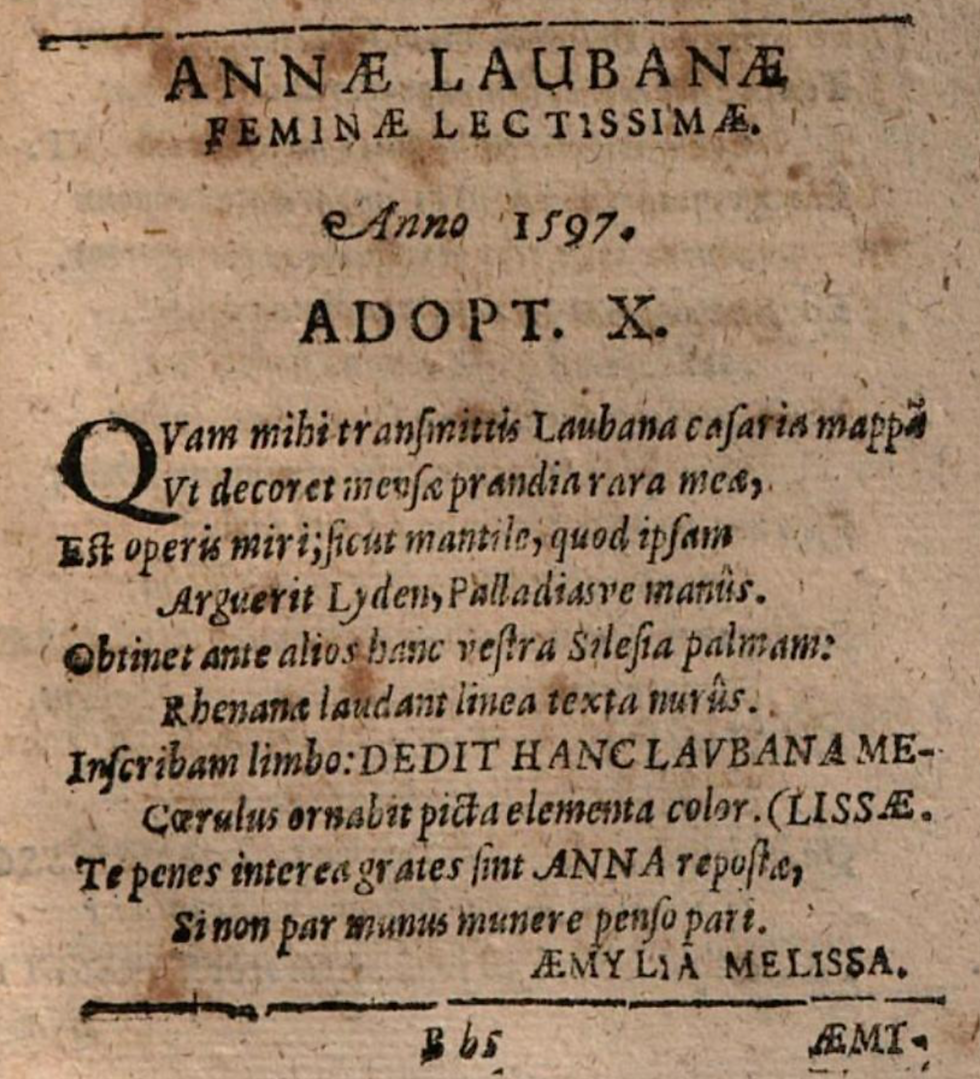Actus I: Tiered Readings
- Skye Shirley

- Apr 11, 2018
- 4 min read
The inspiration for today's post comes from the Classical Association of New England's annual conference this year. Lindsay Sears is a Latin teacher at Greenwich Academy, and she presented "Adapting Antiquity: Using Tiered Readings in the Comprehensible Input Classroom." Essentially, she recommended using tiered readings to reach every level of student and make authentic texts less daunting, while also providing challenges for students who need an extra push.
For most of my posts to this blog, I try out strategies on myself after having assigned them to students. I certainly give tiered readings in my classes, but haven't ever had students create one of their own, and I wanted to try this activity first to work out the kinks. This was an eye-opener because after doing three levels of tiered readings, I knew Act I of Hecyra better than any other reading I've had for this independent study! The level of comprehension you need to be able to remove or rephrase a text is pretty high, so especially by the final, most abbreviated tier, I knew the passage very well.
I'll go from shortest to longest, lest I scare off anyone with a huge chunk of Terence off the bat. It will also help readers of the blog to start simple and move their way up, returning to the easier version when possible. It's important to note, though, that I composed these from longest to shortest, just copy/pasting the last one and further whittling it down. The final, beginning tier (I realize that's an oxymoron!) is perhaps too choppy to stand on its own. But in a way, it actually adds to the comedy, with the abrupt transitions showing just now bizarre the plot is.
The beginner one is a mixture of paraphrase, deletion, and rearranging of word order:
BEGINNER:
PH. amatorēs sunt infidelēs!
Pamphilus Bacchadi dixit se
"numquam uxorem ducam," sed duxit!
PA. ubi, Philotis, te oblectasti?
PH. minime me oblectavi. Sed dic mihi dē nuptiīs.
PA. ausculta, et noli dē hīs loqui.
Pamphilus Bacchidem amabat, et nuptiās negabat.
Post nuptiās, suam uxorem deducit domum,
virginitate intactā. sed tam pudens erat uxor ut tamen
bene conveniebat inter eōs. Uxor Sostratam
fugiebat, morbum simmulans. Patrēs uxoris et Pamphili
conveniunt nunc. Pergam iter.
PH. vale.
The intermediate level has a few words changed here and there, or rearranged. However, nothing is paraphrased and the flow of dialogue is preserved much better. After a certain point, it can be impossible to preserve the back-and-forth between characters in a tiered reading, which is why for the beginner level I ended up giving Parmeno a monologue from what was in the intermediate level a conversation.
INTERMEDIATE
PH. amatorēs sunt infidelēs! Pamphilus Bacchadi dixit se
numquam uxorem ducturum esse! sed duxit!
SY. nolī viribus confidere.
PH. nonnullī virēs fideles sunt.
PA. Philoti', salve!
PH. o salve!
PA. ubi, Philoti', te oblectasti?
PH. minime me oblectavi. Profecta sum Corinthum
cum milite inhumanō
PA. sed desiderium Athenārum cepisti.
PH. volebam redīre! Dic mihi dē nuptiīs.
PA. Primō, fidem da te taciturum. et ausculta.
Pamphilus Bacchidem amabat, et nuptiās negabat.
sed pater instat, igitur Pamphilus clamat "Eheu!" uxorem deducit domum, virginitate intactā.
PH. quid ais?
PA. Pamphilus non eācum cubat.
PH. pudicus est ille.
PA. putat "sine amore, fortasse uxor mea me relinquet." et ibat ad Bacchidem, sed tam pudens erat uxor ut
bene conveniebat inter eōs. Sed semper uxor Sostratam,
matris Pamphili, fugiebat. Uxor inquit, "aegra sum. Ad matrem eo." Pater Pamphili ad patrem filiae nuper venit. Pergam iter.
PH. et ego. vale.
PA. vale!
Below, I've listed my advanced text (the first one I started with). It's important to mention that this is still tiered. The most advanced version would be the authentic text, which I won't paste here, but which you can find in Latin Library.
ADVANCED
PH. paucōs amatorēs sunt fidelēs, Syra. Pamphilus iurabat Bacchidi
numquam illa ducturum uxorem! duxit.
SY. ergo te moneō et hortor ne quoiusquam misereat.
PH. eandem iniuriumst esse omnibus.
PA. Philoti', salve.
PH. o salve, Parmeno.
PA. ubi, Philoti', te oblectasti?
PH. minime equidem me oblectavi, quae cum milite Corinthum hinc sum profecta inhumanissimō.
PA. te desiderium Athenarum arbitror, Philotium, cepisse.
PH. non dici potest quam cupiveram redeundi. sed quid hoc negotist?
PA. firmae haec vereor ut sint nuptiae. PH. si mihi fidem das te tacituram, dicam.
PA. ausculta.
PH. istic sum.
PA. hanc Bacchidem amabat ut Pamphilus sese senem esse dicere, praesidium velle. ill' primo se negare; sed postquam acrius pater instat, et despondit ei gnatam huius vicinī proxumī. ibi demum ita aegre tulit ut conloqui mecum una posset:
"Parmeno, periī, non potero ferre hoc!" Igitur uxorem deducit domum. virginem non attigit.
PH. quid ais?
PA. Pamphilus narrat seque sperasse eās tolerare
posse nuptias. "Parmeno, quin integram reddam
virginem."
PH. pium ac pudicum ingenium narras Pamphili.
PA. "spero, ubi cognoverit non posse se mecum esse, abituram."
PH. ibatne ad Bacchidem?
PA. cotidie.
PH. non mirum.
PA. haec (uxor) pudens iniurias viri ferre. paullatim elapsust Bacchidi.
eo amantem invitum Pamphilum extrudit pater. reliquit cum matre hic uxorem. primo bene
convenibat sane inter eas. interim (uxor) odisse coepit Sostratam.
PH. quid igitur?
PA. fugere et videre nolle. deinde simulat se ad matrem accersi, abit. aegram esse simulant mulierem. nostra it
ad eam: admisit nemo. hoc ubi senex rescivit, patrem convenit Philumenae. habes omnem rem: pergam quo coepi hoc iter.
PH. et quidem ego. vale.
PA. et tu vale!
For this week, try reading each of the readings, moving from beginner through to advanced, before diving into the authentic version. Do you agree with my edits? What are the benefits of tiered reading for you personally, or for your classes? What do we lose from these tiered readings, and is this worth it for the sake of comprehension?




Comments